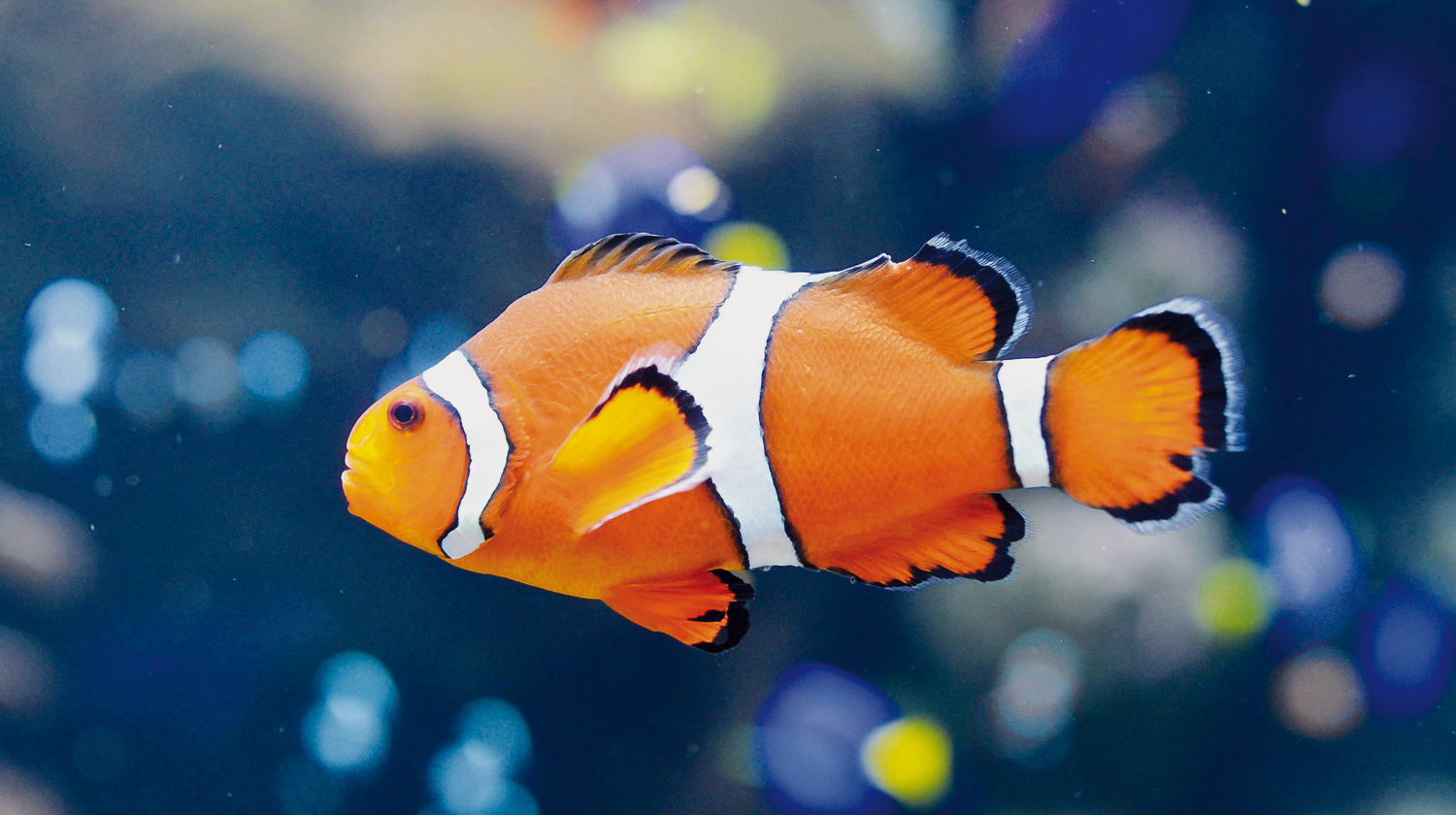

Artificial light in coral reefs could severely impact the reproduction of the bright orange clownfish, made famous by the movie “Finding Nemo,” a scientific study has found. An increasing amount of artificial light at night in coral reefs, even at relatively low levels, masks natural cues which trigger clownfish eggs to hatch after dusk, said the study by Australian researchers published in the journal Biology Letters on Wednesday. They found exposure to light at night had a dramatic effect on hatching, with clownfish eggs reared under artificial light at night simply did not hatch.
Light pollution or artificial light at night, which can have damaging impacts on many organisms and systems, is increasing by about 2 per cent a year around the world, according to scientists. “The overwhelming finding is that artificial light pollution can have a devastating effect on the reproductive success of coral reef fish,”said lead author Emily Fobert of Flinders University in Adelaide. Ten breeding pairs of clownfish exposed to overhead LED light, similar to the commercially available and widely used lights near coral reefs, were monitored for the study.
Fobert said test eggs incubated in the presence of artificial light had a zero success rate of hatching and no offspring surviving. But when the light was removed during the recovery period, eggs from the artificial light at night exposure hatched like normal. She said light was “clearly interfering with an environmental cue that initiates hatching in clownfish.” Fobert said the findings “likely extend to other reef fish” as well,since many share similar reproductive behaviours, including the timing of hatching. Clownfish and many other fish species lay adhesive eggs on coral reefs and spawn around the time of a full moon with the larvae usually hatching a few hours after dusk.
“The presence of [artificial light at night] could compromise their natural spawning rhythms,” said the study’s co-author, Stephen Swearer from the University of Melbourne. Researchers and environmentalists have raised concerns about light pollution near the reef coastlines due to increasing numbers of housing, harbours, and port developments. In the past, researchers have found that human-made light endangers other animals, like altering birds’ nocturnal migrations and sea turtles avoid nesting on brightly-lit beaches. “Artificial light at night is becoming a greater concern among ecologists, as light is spreading globally, and the impacts on organisms can be severe...” said senior author and founder of the Saving Nemo Conservation Fund, Karen Burke da Silva. — DPA
Oman Observer is now on the WhatsApp channel. Click here



